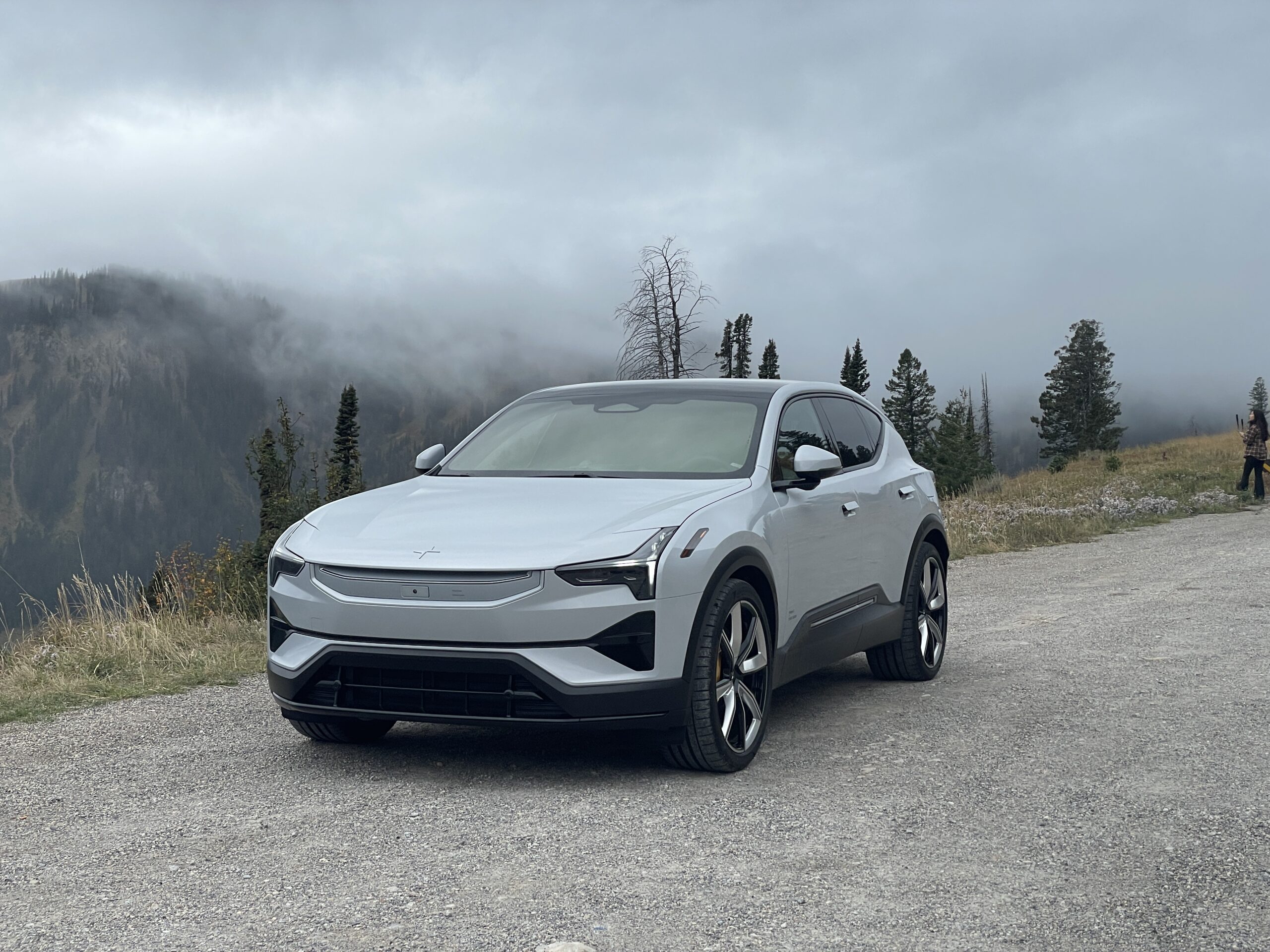BHP has started environmental processing to have the transport at its Escondida copper mine in Chile transitioned to an electric trolley system.
The Big Australian will invest around $US250 million ($371.6 million) in the project at Escondida, which it owns in a joint venture with Rio Tinto.
The funds will go towards installing key infrastructure to electrically assist the movement of extraction trucks in areas where the highest fuel consumption currently takes place.
BHP has submitted an environmental impact statement to the Environmental Impact Assessment System in Chile.
“The electric trolley system is one of the initiatives with which we seek to move towards a safer and more sustainable way of operating hand in hand with technology,” BHP Escondida president Alejandro Tapia said.
“This project will allow us to reduce the fuel consumption of our extraction trucks and thus advance our goal of net-zero operational greenhouse gas emissions by 2050.”
The project includes the construction of a new electrical substation and transmission lines both inside and around the Escondida Norte pit.
These facilities will electrically assist the movement of trucks inside the mine in the areas where they go up loaded with ore and, consequently, consume more fuel.
With this new technology, instead of using diesel, they will be propelled by electrical power, reducing greenhouse gas emissions and improving productivity associated with truck performance given the higher travel speed.
Once construction kicks off up to 160 jobs are expected to be created.
The trolley project is in addition to other technological transformation initiatives that the company maintains in different stages of study and execution, including the progressive incorporation of autonomy in its mining equipment.
To date, Escondida has six autonomous trucks in full operation and by 2025 it expects to have the largest fleet of autonomous equipment in South America.
Subscribe to Australian Mining and receive the latest news on product announcements, industry developments, commodities and more.



